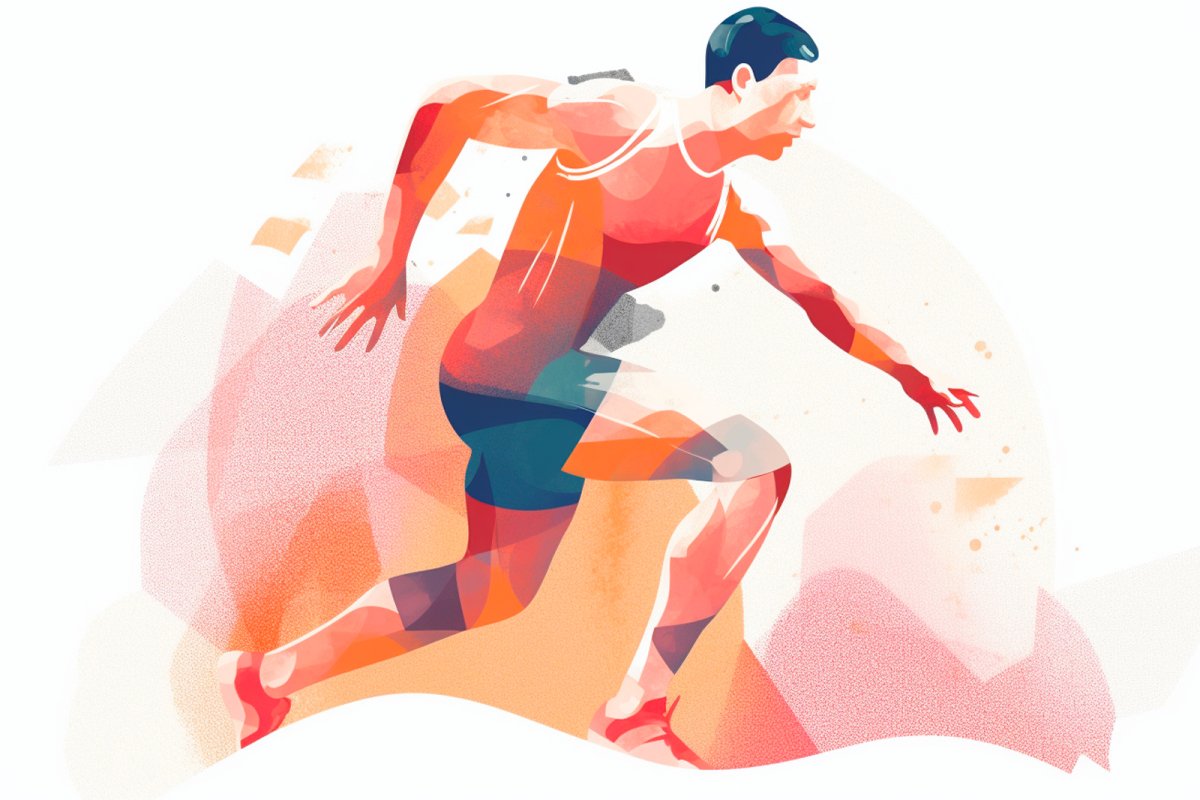

Why are the B Vitamins Especially Important to an Athlete?
Published:
Updated:
Key Takeaways
What are B Vitamins?
What Do B Vitamins Do to the Body
Healthy Brain Function
Mitigating Stress and Chronic Fatigue
Skin Health
Why are B Vitamins Important for Athletes?
Energy Production
Muscle Function and Recovery
Immune System Support
Red Blood Cell Formation
Stress Management
Foods High in B Vitamins
Vitamin B1 (Thiamine)
Vitamin B2 (Riboflavin)
Vitamin B3 (Niacin)
Vitamin B5 (Pantothenic Acid)
Vitamin B6 (Pyridoxine)
Vitamin B7 (Biotin)
Vitamin B9 (Folate)
Vitamin B12 (Cobalamin)
Where to Find B Vitamin Supplements
TUNE IN
Final Thoughts
FAQs
What are the B Vitamins Used By Athletes?
Which of the B Vitamins is Most Important?
Which Vitamin B is Best for Energy?
VYU Blog Disclaimer
The information provided on the VYU blog is intended solely for informational and entertainment purposes. It should not be used as a substitute for professional medical advice, diagnosis, or treatment.
Always seek the advice of your physician or other qualified health provider with any questions you may have regarding a medical condition or treatment and before undertaking a new healthcare regimen. Never disregard professional medical advice or delay in seeking it because of something you have read on this website.
For more information, check out our FAQs and contact page.
Blog posts
-

Host Defense vs. Om Mushrooms vs. VYU
Compare Host Defense, Om Mushrooms, and VYU for your health journey. Find out which offers the best blend of taste and benefits. Elevate your wellness today! -

Genius Mushrooms vs. Om Mushroom vs. VYU
Learn why VYU is the superior choice for functional beverages, offering exceptional taste and health benefits to boost your mental performance -

Om Mushrooms vs. Four Sigmatic vs. VYU
Compare Om Mushrooms, Four Sigmatic, and VYU for your health journey. Choose the ideal beverage to boost your wellness today!
Sign up to our productivity newsletter
and get 10% off your first order.



